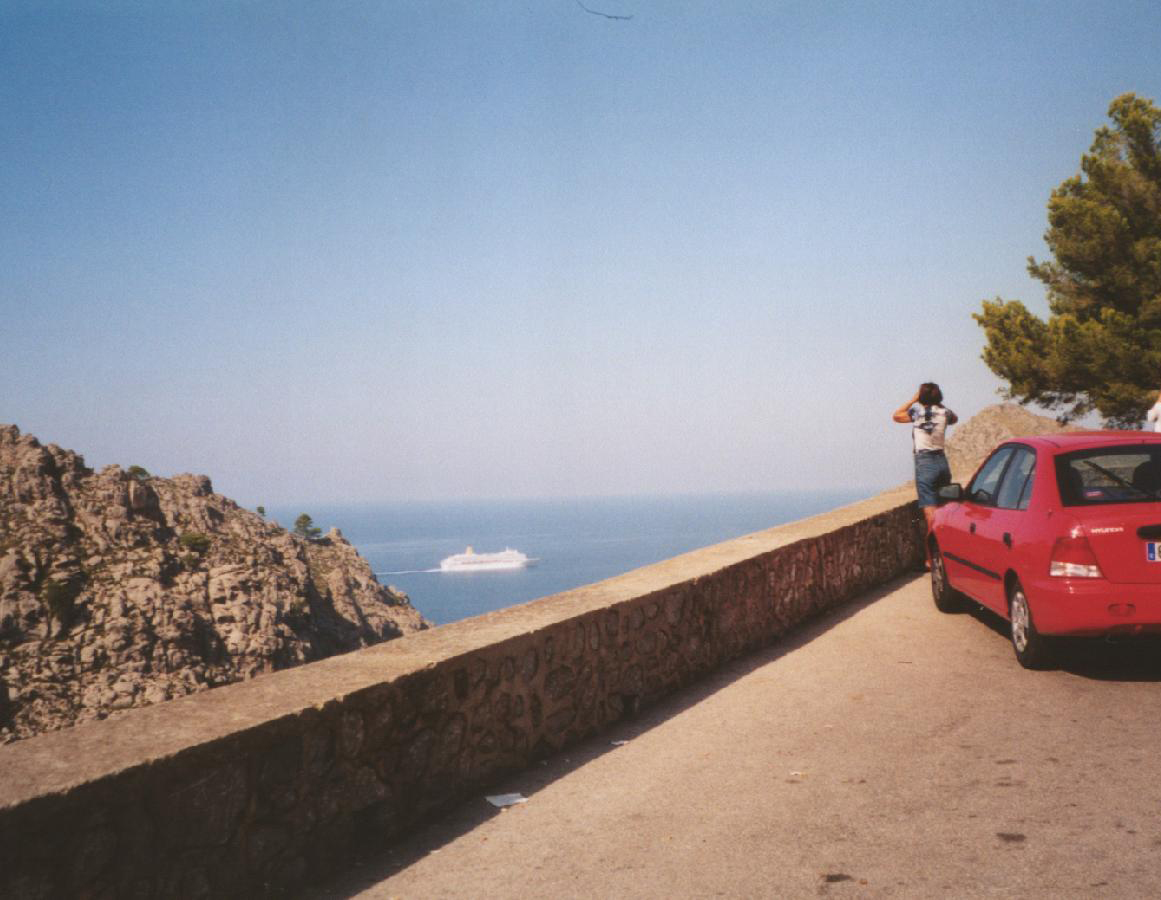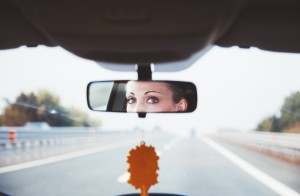As the summer holidays have started millions of British motorists will take their vehicles abroad. In this blog post we will give you all the essentials you need to know before setting off.
Take a valid driving licence.
A full UK licence is valid in all EU or European Economic Area countries and Switzerland.
Passport
When travelling abroad you are required to travel with a valid passport or national identity card.
Bring your motor insurance certificate and insurance contact details
Check with your insurer if you are covered abroad. If this is not the case, you will have to get a minimum of third party cover which is the minimum legal in EU countries.
The vehicle registration document (V5)
It is a legal requirement to have your vehicle registration document V5 as you may be fined if you can’t produce this. Allow plenty of time, to obtain this document if you are driving a company car as you might need to ask your employer to get a certified copy or to contact the leasing company.
Authorisation
If you don’t own the vehicle and it is company car you will need to take a form from your employer stating that you are allowed to take the vehicle abroad. If your vehicle is leased or hired you will need a ‘vehicle on hire’ certificate, also known as form VE103 from the leasing or hire company. This rule has been brought into place to reduce the number of stolen vehicles crossing borders.
Specific laws and requirements abroad
Most countries will have different requirements. We have listed some interesting information to help you when travelling in or through the countries listed below:
Austria – to travel through this Alp country you will need a ‘vignette’ which are available at the border and service stations.
Belgium – it is illegal to leave a dog alone in a parked car.
Czech Republic – zero tolerance of drinking alcohol and driving. To drive in this country you will need a vignette. It also good know that daytime the light rule applies from end October until end of March.
Denmark – it is illegal to park against the flow of traffic.
France – you are required to carry a breathalyser kit in your vehicle. These can be purchased in UK ports and pharmacies in France.
Germany – some stretches of the Autobahn don’t have a speed limit, so beware of fast cars.
Greece – some petrol stations close at the weekend and credit cards are not always accepted.
Hungary – the alcohol limit is zero
Italy – petrol stations often don’t accept credit cards, so make sure to travel with cash. Outside towns daytime lights are required.
Netherlands – yellow diamond signs signal who has priority.
Norway – very strict parking and speeding laws.
Poland – car crime is problem in this country; make sure to lock-up your vehicle and don’t leave valuables in your car.
Spain – if you wear spectacles, you must carry a spare pair in your car.
Sweden – very strict on speeding laws, if you break the law by over 30km/h your licence may be confiscated.
Switzerland – spare spectacles are required in Switzerland. You must also have an annual vignette for driving on motorways (CHF40).
Display a GB sticker
You are also required to have a GB sticker or modern-style number plates showing the GB euro-symbol.
Break down
In the case of a break down abroad use an authorised dealer and if possible a franchised dealer.
For more information:
www.fco.gov.uk
www.drivingabroad.co.uk
www.theaa.com
If you have any other queries please don’t hesitate us here at CVSL.



